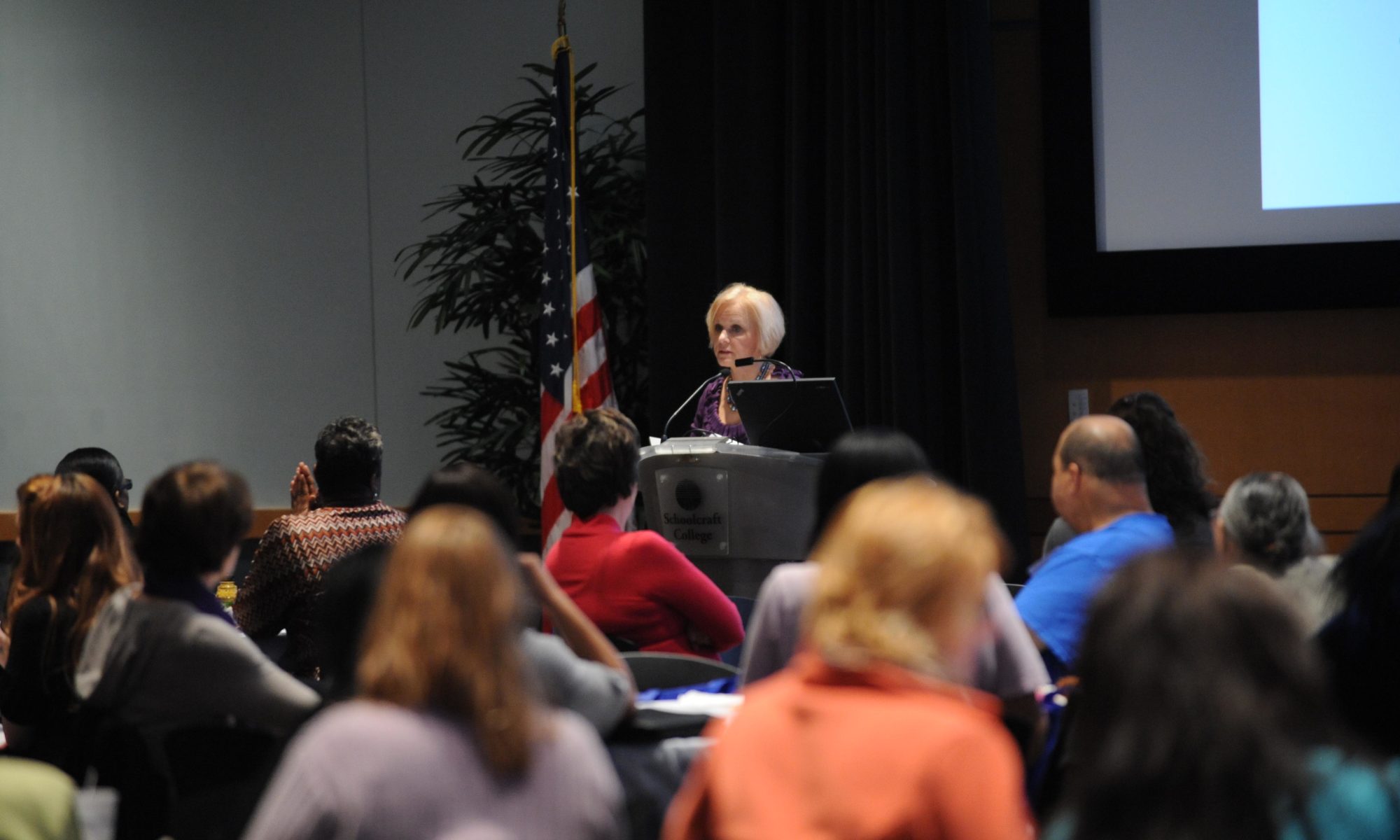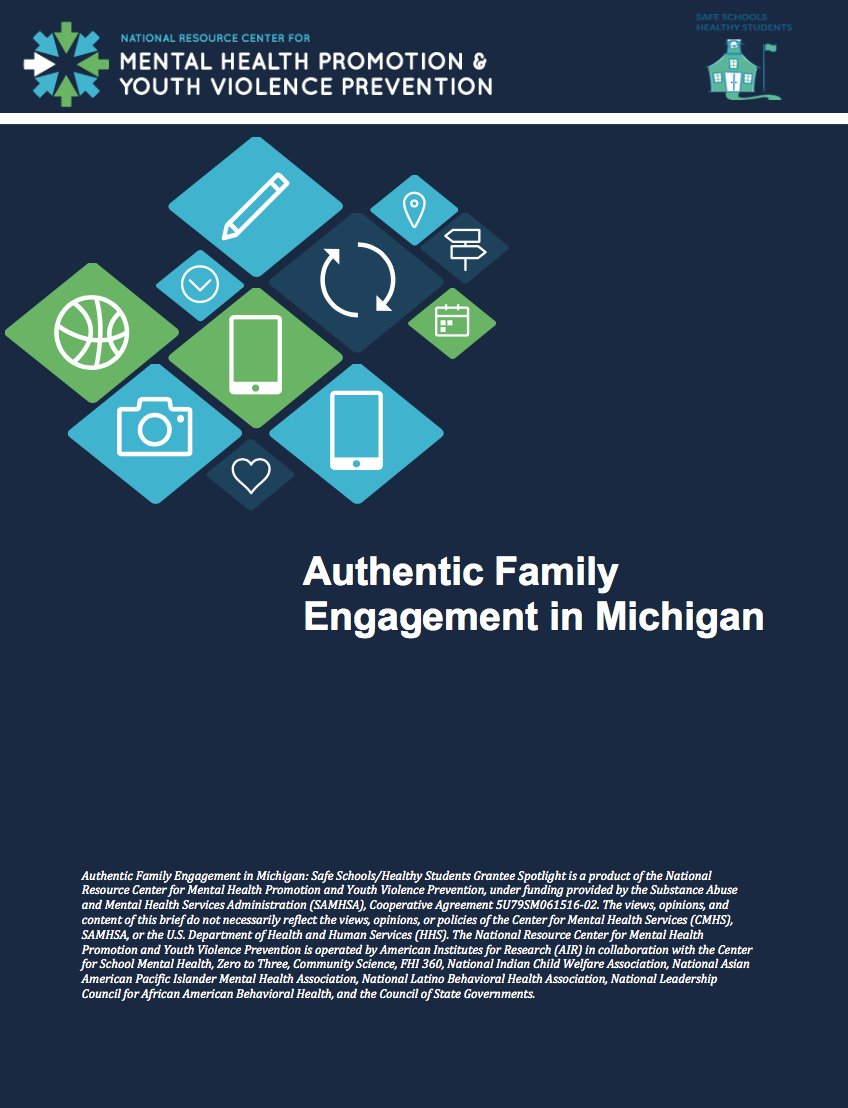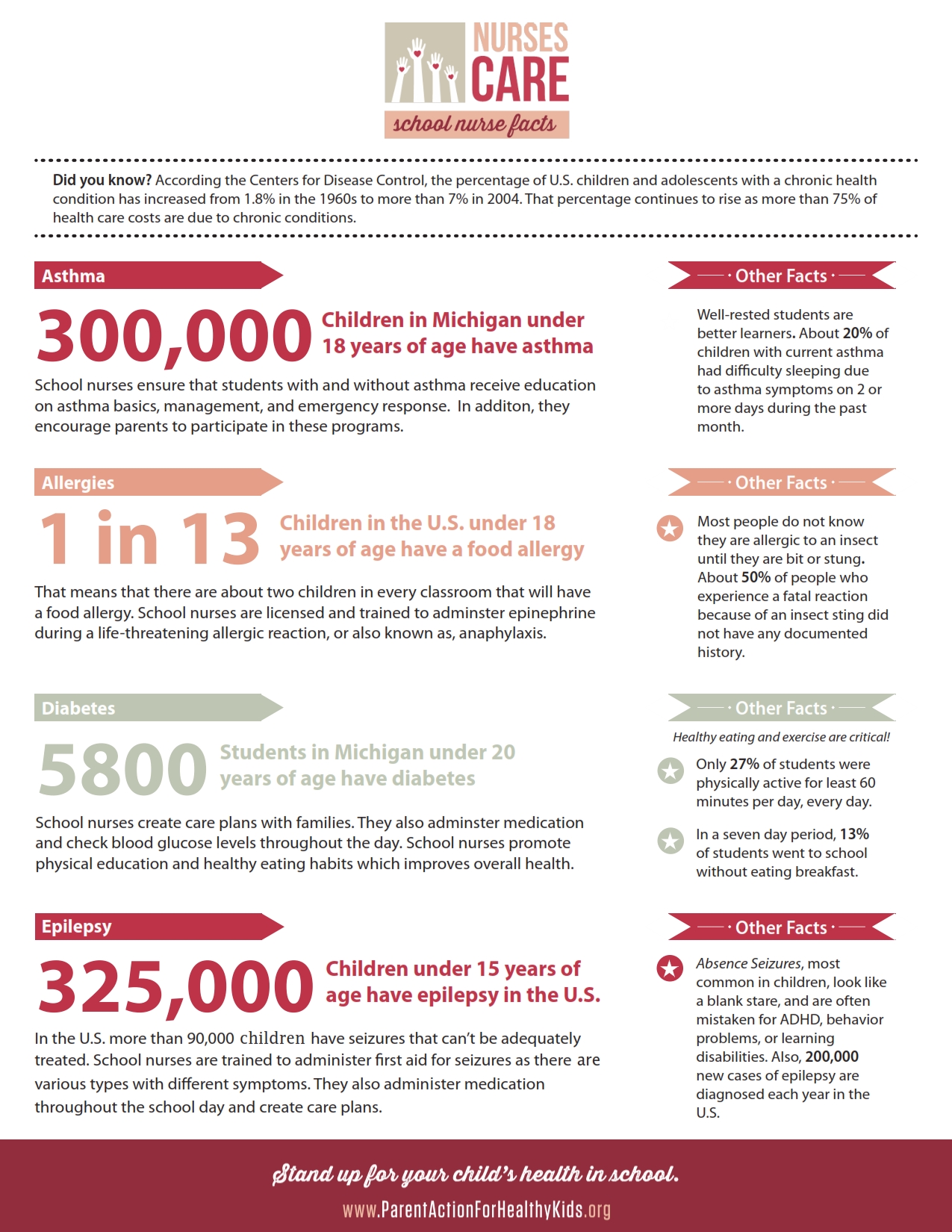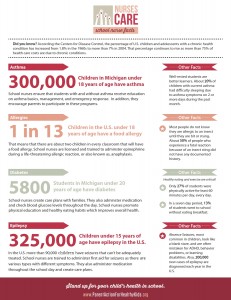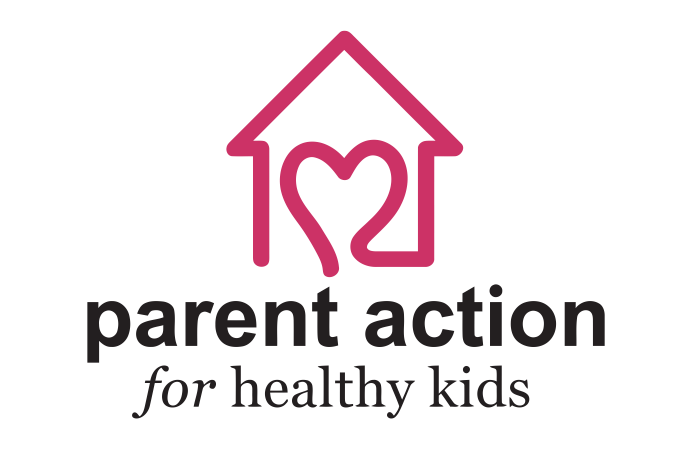This time of year we hear a lot about gratitude and the importance of being grateful. I noticed, especially this past week, after receiving a compliment, an edge of awkwardness, a resistance to appreciating and really savoring the compliment. Our human brain has a negativity bias, it’s wired that way to keep us alert when danger lurks. It has been said that positive comments are like Teflon™, they slide right off and negative comments are like Velcro®, they stick! We can re-wire our brain so negativity is not the default. Consider the calm and contentment that we can all experience in receiving and appreciating.
Here is a perfect example:
Once a week I am at an elementary school helping the staff with family engagement. I was having lunch with a group of elementary teachers this week. We were discussing how Parent/Teacher Conferences went. I asked them to tell me a positive story from conferences. They thought for a few moments, then a first year teacher very humbly shared how a Dad told her how well his son is doing this year. Last year at this time he had 8 pink slips and this year so far only one. “Wow,” I said. “Savor that, let’s just all take that in for a moment and feel the appreciation that dad has for you, his son’s teacher!” I asked her who she shared that story with, she said her parents. The large group of her teacher colleagues at the table all cheered and congratulated her. Their faces reflected a shared understanding of the vocation of teaching. “Now”, I said, “can you take it one step further and call or email the Dad and tell him how much his words meant to you, especially as a first year teacher”? This will allow the appreciation to come full circle and an authentic connection will be made.
Giving for many is easy, receiving appreciation, not so much. Life speeds along as if we are in a race to the finish line. It is only when we slow the pace and take a pause can we notice, appreciate and savor the moment. It takes vulnerability to open our hearts to receive, savor and acknowledge. Humans all have a need to be seen and understood. Giving and receiving appreciation is how we can create a community of belonging in our home, schools, workplace and community. I appreciate you!
Happy Thanksgiving!
Barbara Flis, Founder
Parent Action For Healthy Kids


